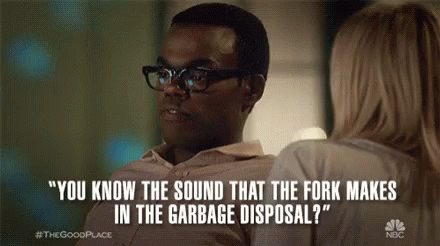
If you are reading this post and your first instinct is to cringe or feel embarrassed for me, don’t. That reaction says more about you than it does about me, and you may want to ask yourself why you feel those things. Feel how you want to feel—it’s your right—but know that I am not ashamed.
There is no shame in admitting that you have or struggle with mental health issues. There are no good mental health issues or bad mental health issues, there is just mental health. Some of us, like me, deal with depression and anxiety. Some of us look like we struggle with mental health issues (whatever that looks like), and some of us look normal (whatever that looks like). We all have good days, and we all have bad days. We all cope in our own ways. Some of us choose to keep our stories to ourselves, and some of us choose to share our stories with others.
“Owning our story and loving ourselves through that process is the bravest thing that we will ever do.”
Brené Brown
I am not ashamed to talk about my struggles with mental health. I talk about them so that if there is someone out there who needs to know that they are not alone, they know that I am here. I talk about my struggles so that someone reading or hearing about my life may begin to feel less shame about their own struggles. I talk about my struggles so that if you are someone who suspects that someone you care about may be struggling, that you may feel empowered to reach out.
If you are struggling, talk to someone you trust. Ask for help. Schedule that therapy appointment if you are able to. If you encounter an obstacle like a doctor who doesn’t acknowledge the validity of therapy or one who is quick to prescribe medications without evaluating your needs first, go elsewhere. There are hotlines, websites, chats, and even apps. Talk to someone, anyone, even if it is just to say that you are not okay. If someone asks you if you’re okay, answer them honestly.
If you think that someone you know or care about is struggling, let them know that you are there for them, no questions asked. Let them know that you’ll help however you are able to help.
Do not invalidate them by telling them that they seem fine or that things could be worse.
Do not tell them about that time you “went through the same thing.” It is not a competition.
Do not tell them to “get over it.” If you wouldn’t say it to a person with [insert physical illness here], don’t say it to a person struggling with mental health issues.
Do not tell them that they just need to exercise, use essential oils, or go [insert exclusionary diet here]. Do not tell them that they should be happy, smile more, or be positive. Do not tell them that they need to pray, meditate, or lighten up. Trust me, WE HAVE TRIED.
Listen. Be kind. Don’t judge. Ask them what they need. Ask how you can help.
This post has been shared in honor of World Mental Health Day.